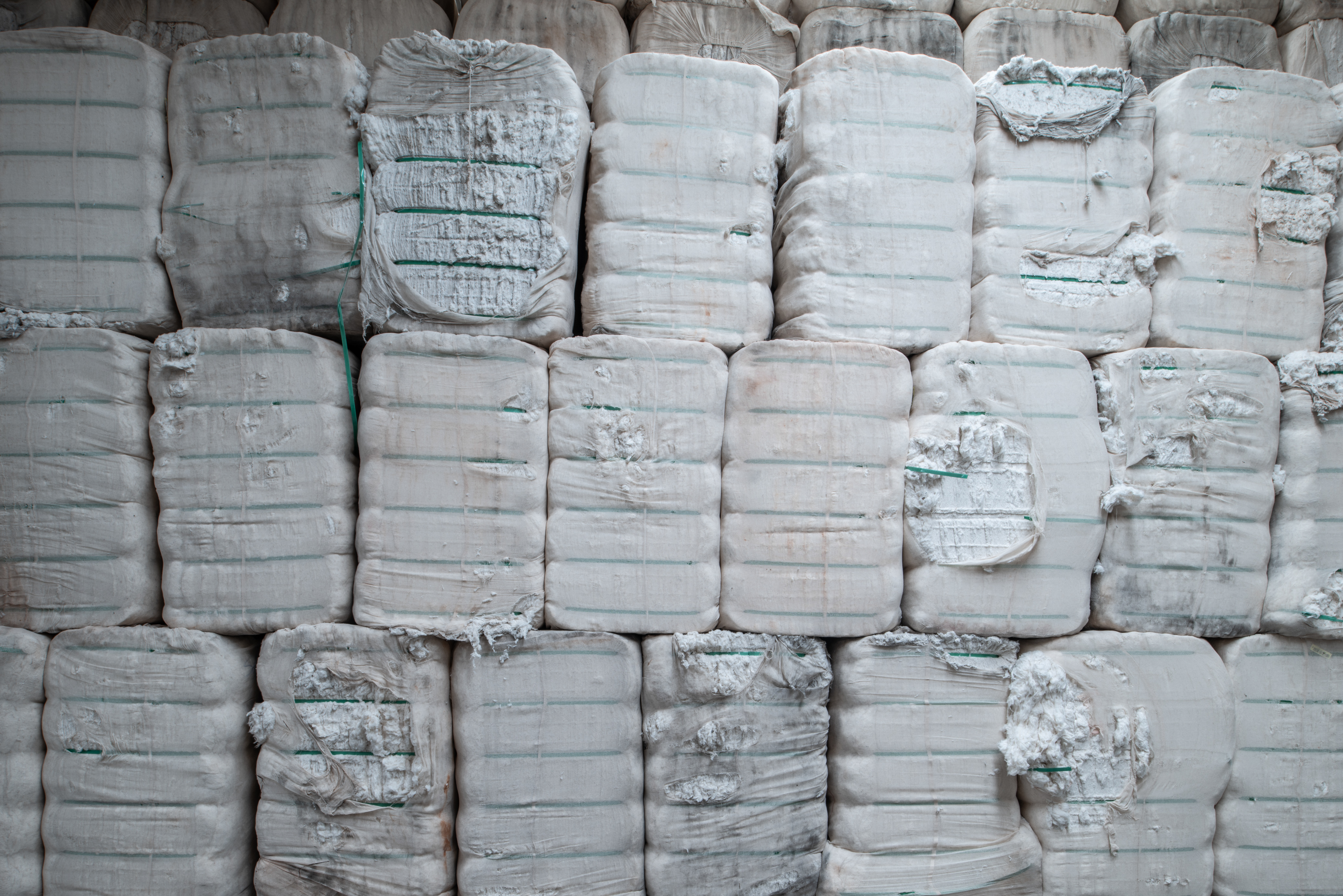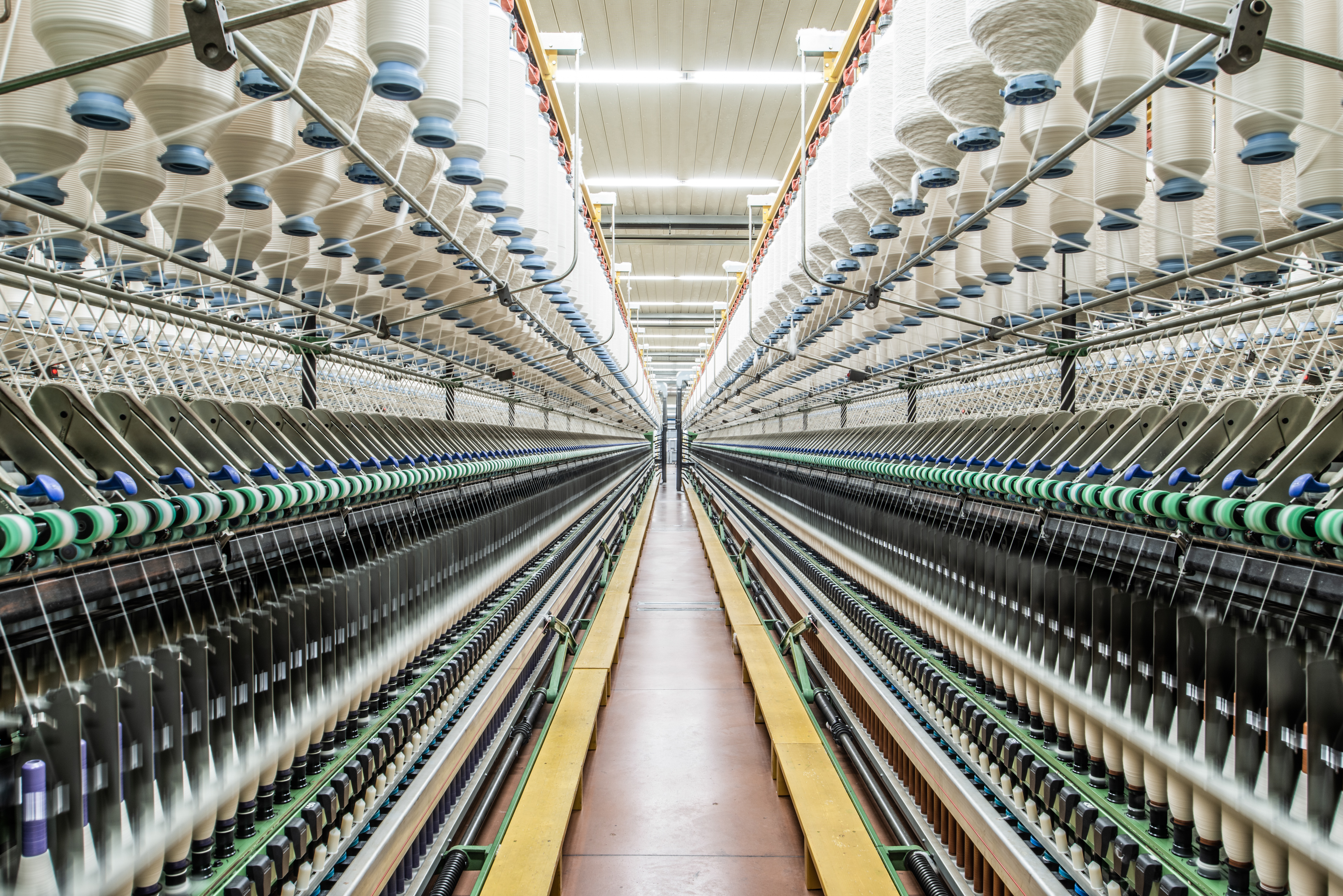TextilWirtschaft (TW) published its 2023 Denim Fabrics study, which was conducted in August and September. About 120 fabric buyers, product managers, designers, and CEOs of important clothing manufacturers from German-speaking countries participated. Here are some of the most relevant results.
Most participants are satisfied with denim fabric suppliers
89% of the study participants are satisfied overall with their denim fabric suppliers, although problems linked to price increases and fluctuations and sourcing uncertainty have characterized the last few years. Italian producers are on top of the premium list.
Since many interruptions occurred in the supply chain during the 2020 pandemic, numerous brands that used to source from Asian countries moved to areas near Europe. In 2023, 81% of the interviewed source fabrics in Turkey, 49% in Italy, 34% in Spain, 28% in North Africa, 15% in China, and 15% in Pakistan. On the contrary, the average number of suppliers the participants in the TW study source from has remained almost unchanged after SARS-CoV-2 and is currently 6.3; in 2020, it was 6.5. Moreover, 81% work only with certified suppliers, 6 points more than three years ago.
50% of the brands are interested in preferred cotton
Quality, the ratio between cost and performance, and partner reliability are still fundamental to purchasing fabrics, while sustainability, which is, however, treated as an added value, is necessary for only 16% of the participants in the TW study and ranks 6th in this list; three years ago, it was in the 4th place. Candiani Denim is the most renowned manufacturer for sustainability.
Among the most critical sustainable topics for buyers, there are:
- harmful chemicals reduction (fundamental for 39%, very important for 41%, important for 18%)
- water savings (fundamental for 13%, very important for 48%, important for 31%)
- the use of recycled materials (fundamental for 10%, very important for 25%, important for 40%)
Furthermore, half of them are interested in alternatives to conventional cotton, although organic and Better Cotton have lost some relevance compared to 2020, reporting both 73% of interest; it was 82% and 86%, respectively.

The denim fabric market is mostly made up of stretch denim
46% of the participants in the TW study prefer to bet on denim qualities that are already known and established rather than on new ones. 66% of the interviewed also say they appreciate fabric suppliers with high expertise in the fashion industry and supporting brands in product design.
Looking at how denim qualities are spread across the markets, we see that 51% of the women’s jeans are made with comfort stretch fabrics, 34% with super stretch, and 15% with raw. These percentages vary, respectively, to 49%, 31%, and 30% in the men’s market.
The most critical denim performance for brands is color fastness (76%), followed by the ability of the fabric to adapt to the body of the wearer (69%) and abrasion resistance (56%).
What about 2025 denim trends?
Among 2025 spring-summer denim trends, the TW study included recycled, refined, and second-hand fabrics and mermaidcore. TW also mentioned our COREVA™ stretch technology and the new brand Coreva Design as 2025 trends.
COREVA™ allowed us to produce the first biodegradable and compostable stretch denim worldwide. Coreva Design represents the first B2C step to increase awareness about this technology in the final consumer, establishing a direct and educational dialogue and making it easier for other brands to include these fabrics in their collections thanks to the greater knowledge built in the market. Finally, Coreva Design proves that the technology is scalable and can be used to make entire circular clothing collections with a positive impact at the end of their useful life.

 Log into your account
Log into your account
 Register
Register

